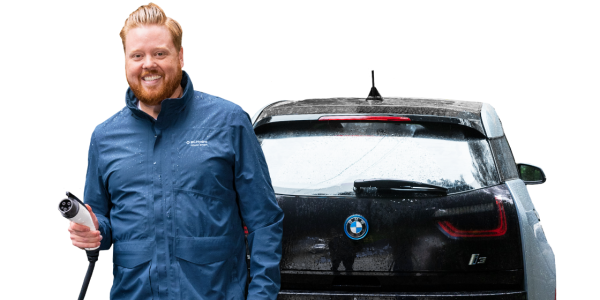What to consider before making the switch
You're likely well aware of the many benefits of driving an electric vehicle (EV), but may still be wondering if it's the right choice for you.
We're here to help you weigh out the various factors – including how you'll use the vehicle, purchase price, rebates, long term savings, and practicality – to help you make an informed decision.
Questions to consider
Ask yourself these questions to understand if an EV is currently right for you and your lifestyle.




